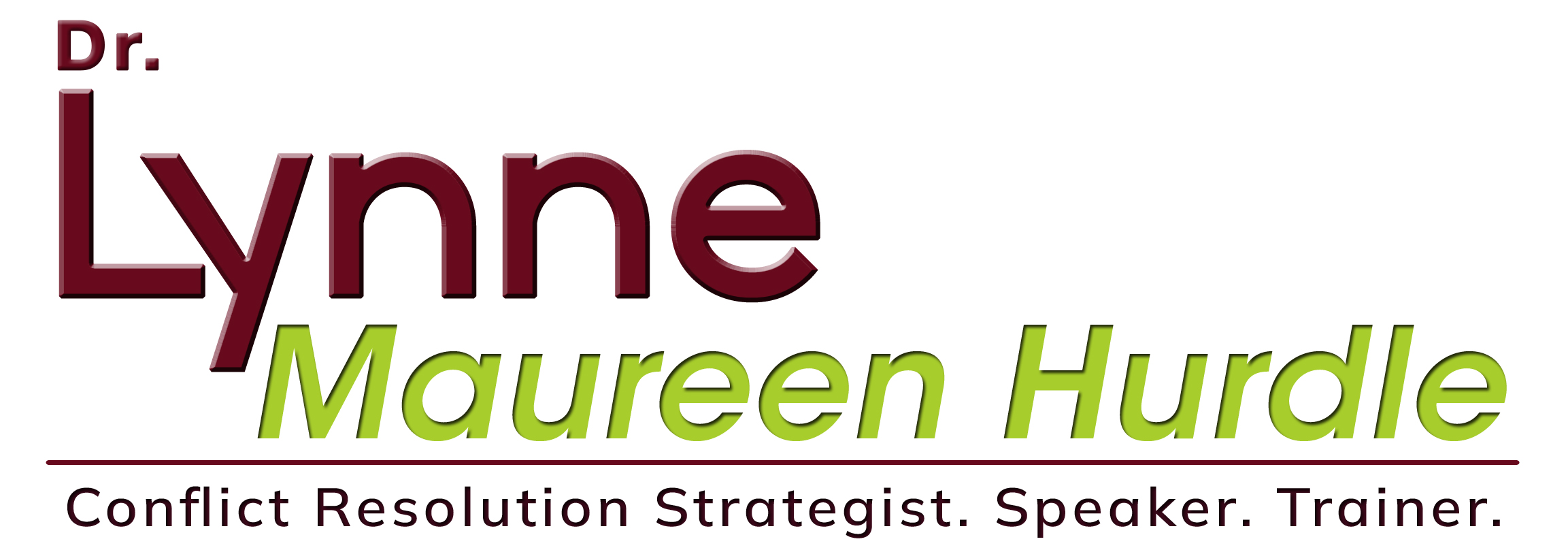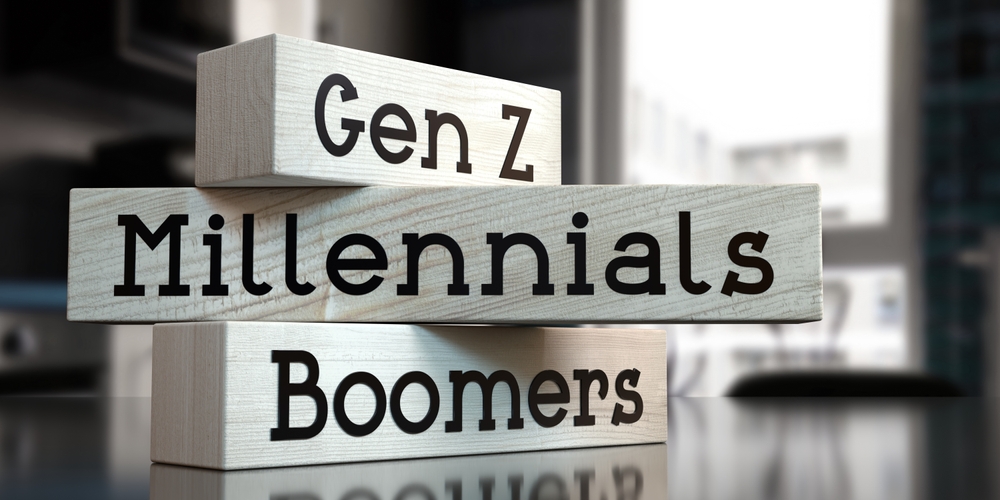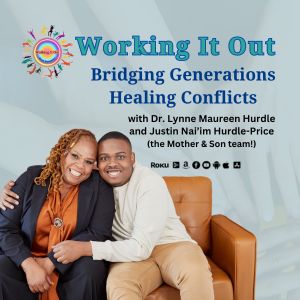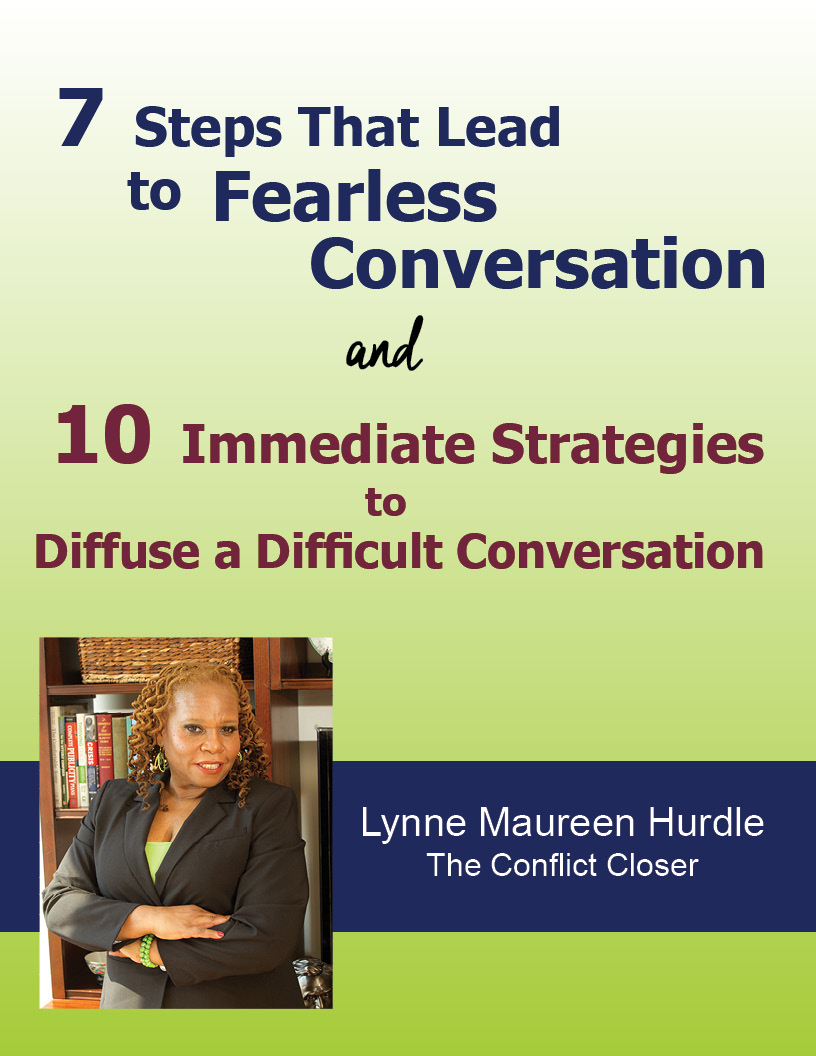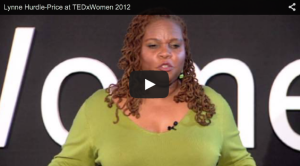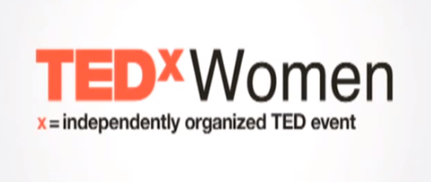Strengths, Challenges, and Intergenerational Wisdom
I hear a lot of talk about how divided we are as a nation and as a society. While I will admit that we are not the best at getting along, I think that we can come together with a lot less effort than we think. The place for me that is easiest to start is intergenerationally. There is a lot of complaining happening between the generations.
Millenials want to come in and run the company before they put in their time. GenZ is a mess and doesn’t want to work at all. Boomers are completely out of touch and just need to go sit down somewhere.
Oh, we are throwing big stones at each other without any apologies or consideration of what we can actually learn from each other if we open our minds, hearts and ears. I want to start today with asking us elders to consider that despite having lived longer, there’s a lot that the young’uns can teach the rest of us about how to engage conflict in these times.
Let’s start off with three strengths they bring to the table and what we can learn from them.
Strength #1: Emotional Transparency and Mental Health Awareness
One of the most powerful shifts brought by Millennials and Gen Z is their unapologetic embrace of emotional honesty. They are more comfortable naming their feelings, seeking therapy, setting boundaries, and speaking up when something feels wrong. Mental health isn’t a taboo subject for them; it’s a priority.
This emotional transparency equips them to navigate interpersonal conflict with self-awareness and empathy. Rather than pushing emotions aside or viewing them as weaknesses, they lean in with a deeper understanding of how emotions impact communication.
What older generations can learn: Contrary to what we have been taught, vulnerability doesn’t make you weak. It opens the door to trust. By learning to name emotions and hold space for others, older generations can unlock more meaningful, honest relationships — both personally and professionally. And we can learn to go to therapy without shame!
Strength #2: Digital Fluency as a Tool for Dialogue
Millennials and Gen Z are digital natives. They use platforms like TikTok, Instagram, and X not only for entertainment but to engage in public discourse. From calling out injustice to rallying around causes, they aren’t afraid to engage conflict in public spaces. They communicate rapidly, visually, and with cultural fluency.
While this can sometimes create a pressure-cooker environment, it also provides tools for connection, community, and accountability. These generations use technology not just to react, but to organize and amplify their voices.
What older generations can learn: Technology isn’t the enemy of conflict resolution — it’s a tool. Learning to use digital communication to support rather than replace meaningful conversation can broaden impact and reach. Look at all the old friends we have been able to reconnect with on Facebook.
Strength #3: Passion for Justice and Inclusion
More than any previous generation, Millennials and Gen Z were raised in an era of cultural reckoning. From racial justice to gender identity to climate change, these generations are not conflict-averse; they see it as necessary for justice. They understand that sometimes, tension is a prerequisite to progress.
Their activism reflects a powerful truth: conflict is not always destructive. It can be a form of love, of accountability, of refusing to allow silence to become complicity.
What older generations can learn: They have learned from our example. They have not been silent. While our generations may have been taught to keep the peace, we have also modeled that peace without justice is just quiet oppression. The courage to challenge norms and disrupt harmful systems is a strength worth honoring.
In all fairness, they are not without their challenges and here is where we can offer some experience and wisdom.
Challenge #1: Cancel Culture and Fear of Nuance
The flip side of digital fluency is cancel culture. Mistakes can go viral. Missteps can be screen-shotted and weaponized. This reality can lead some younger people to avoid direct conversations, opting instead to “cut off” rather than confront.
While accountability is important, cancel culture can sometimes short-circuit the growth that comes from honest dialogue and repair.
What older generations can teach: Conflict isn’t always clean, and redemption matters. Mistakes should be part of the learning process, not the end of the story. Older generations can help model grace, context, and the power of staying in the conversation.
Challenge #2: High Sensitivity to Disagreement
Younger generations often prioritize emotional safety, which is essential. But sometimes, this leads to a tendency to personalize disagreement. A differing viewpoint can feel like a personal attack, especially when identity and values are involved.
What older generations can teach: Disagreement isn’t always disrespect. The ability to separate ideas from identity is a critical skill in conflict resolution. With care and respect, we can debate ideas without tearing each other apart.
Challenge #3: Inexperience with Face-to-Face Conflict
Growing up in a digital world means many Millennials and Gen Zers default to screens for communication. Texting feels safer than talking. Social media posts are easier than in-person confrontation. But this can sometimes weaken skills needed for real-time, real-life conflict resolution.
What older generations can teach: The art of face-to-face conversation is a muscle. With practice, it builds confidence and connection. Older generations, who often had to resolve things without a digital buffer, can help younger folks sharpen these interpersonal tools.
While we are a very segregated society when it comes to race and class, we all interact with different generations, in our homes, communities and workplaces. We can close this divide and work together not only to understand and appreciate each other, but to work collectively to make this world better and more fun!
If you need a model for generations working well together, check out the TV show that I proudly co-host with my son, Justin. It’s called Working It Out Across Generations where we talk all things conflict from a generational perspective.
In the meantime, go connect with someone from a different generation and listen and learn and admire.
In Love,
Dr. Lynne
